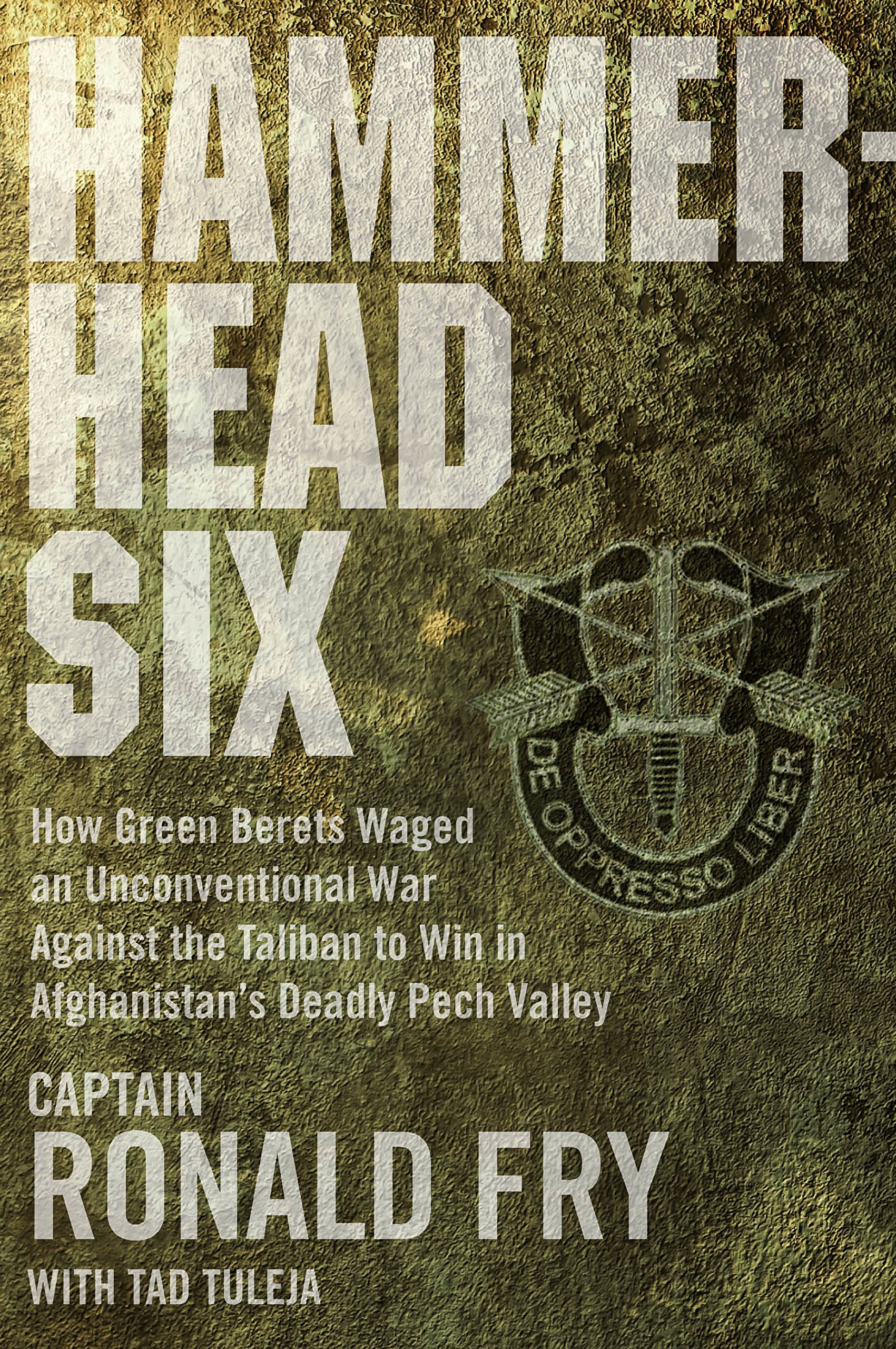
I’m tired of hearing people speak of ISIS as if it just sprang up in the desert yesterday. The clash between Islamic extremists and the U.S. has been taking place since shortly after the Revolutionary War. Yet we don’t need to look that far into the past for lessons on how to fight the current War on Terror. We just have to look to Afghanistan and the war we have been fighting there for 15 years. Iraq and Syria may be different battlefields, but the battle we face in those two countries is an extension of the war in Afghanistan, and it necessitates a similar application.
Too often we hear about the failed missions and the lives lost in Afghanistan. Less often we hear stories about the successful missions and the methods that worked well. These successes offer a blueprint for how to fight ISIS today.
What were those methods? The answer may surprise you: unconventional warfare.
Unconventional warfare is fighting “by, with, or through” local, indigenous, irregular troops. Unconventional warfare means recruiting locals to fight side-by-side with us against a common enemy. Our use of this type of warfare dates back to 1804, when the U.S. military identified and co-opted the “enemies of our enemy,” and Marines lead a conglomerate of Greeks, Arabs, Bedouins and Berber mercenaries to defeat the Tripolitans on their own turf. More recently, Afghanistan remains the greatest laboratory of success in unconventional warfare in modern times.
I saw this success firsthand. As a U.S. Special Forces commander, in 2003 I led my team of Army Green Berets into Afghanistan’s notorious Pech Valley to build an outpost, raise an army, deny the enemy sanctuary and win over the local populace to our cause.
The Pech Valley, which encompasses the Waygal and Korengal Valleys, is considered the worst fighting and bleeding grounds in the history of the Afghan War. From 2002 to 2012, several special operations and conventional Army and Marine units served here, each applying different methods and approaches. Only my Special Forces team, known as Hammerhead Six, completed our mission with no American lives lost.
What made us different? We used unconventional warfare rather than conventional counterterrorism methods. We made our goals and the goals of the local people the same. We vetted, hired, trained, armed and led an army of local villagers against the threat to their families and way of life. We marginalized and defeated the Taliban and created allies. We worked with the local leadership, we respected their customs, and we lead local villagers to hunt down al-Qaeda and support the growth of the Afghan government. Christian Americans were able to lead Muslim fighters and overcome religious and cultural walls to partner against a common enemy.
We fought and secured this valley that hadn’t known peace in 200 years, and we did it for less than $500,000 over a seven-month time period. During those seven months, we captured more arms than anywhere else in Afghanistan, and we did not lose any American lives in the process.
Our unit received national media attention and the attention of top U.S. military officials who claimed they wanted to learn from our success. However, upon our departure, instead of picking up where we left off and applying what we had learned, the U.S. military reverted to a counterterrorism approach—the same approach Secretary Ash Carter hinted at in his announcement last year regarding the mission of the special operations troops deploying to Iraq and Syria: focusing less on the partnering with the populace and more on hunting down terrorists unilaterally. This approach in Afghanistan utterly failed. The region fell into chaos, Americans were killed, and a subsequent escalation of American troops and bloodshed began. In the years after Hammerhead Six’s departure from Pech Valley, we saw the events of “Lone Survivor,” the Wanat attack and other countless lives lost in the Korengal Valley.
This is why I shudder when I hear politicians talk about sending special forces into Syria with little or no reference to the lessons we learned in the war in Afghanistan. As a war with ISIS heats up, these lessons are more relevant than ever, and we must heed them. Bombing targets, drone strikes and night raids may make for great headlines and frustrate the enemy, but they will not win this fight, and they will not solidify allies that we will need when the fight is over.
We need unconventional warfare just as much as we need counter-terrorism drone strikes and raids. We need to co-opt the neutrals and the opposition on the ground, vet them, arm them, and lead them to defeating ISIS. This approach is cheaper in blood and treasure, and allows us to identify which of these groups can be long-term allies and which ones will be our enemies.
Success in the War on Terror will not happen in Washington or in a planning room at Centcom. It will happen in the hot, dusty desert with bearded Green Berets making deals and alliances with the local fighters on the ground. Unconventional warfare has been this nation’s strength since its inception, and we have a corp of special forces that exist exclusively for this purpose. They have proven their success in Afghanistan and countless other hotspots in the last 15 years. It’s time we unleash our Green Berets to do their job.
More Must-Reads from TIME
- Cybersecurity Experts Are Sounding the Alarm on DOGE
- Meet the 2025 Women of the Year
- The Harsh Truth About Disability Inclusion
- Why Do More Young Adults Have Cancer?
- Colman Domingo Leads With Radical Love
- How to Get Better at Doing Things Alone
- Michelle Zauner Stares Down the Darkness
Contact us at letters@time.com